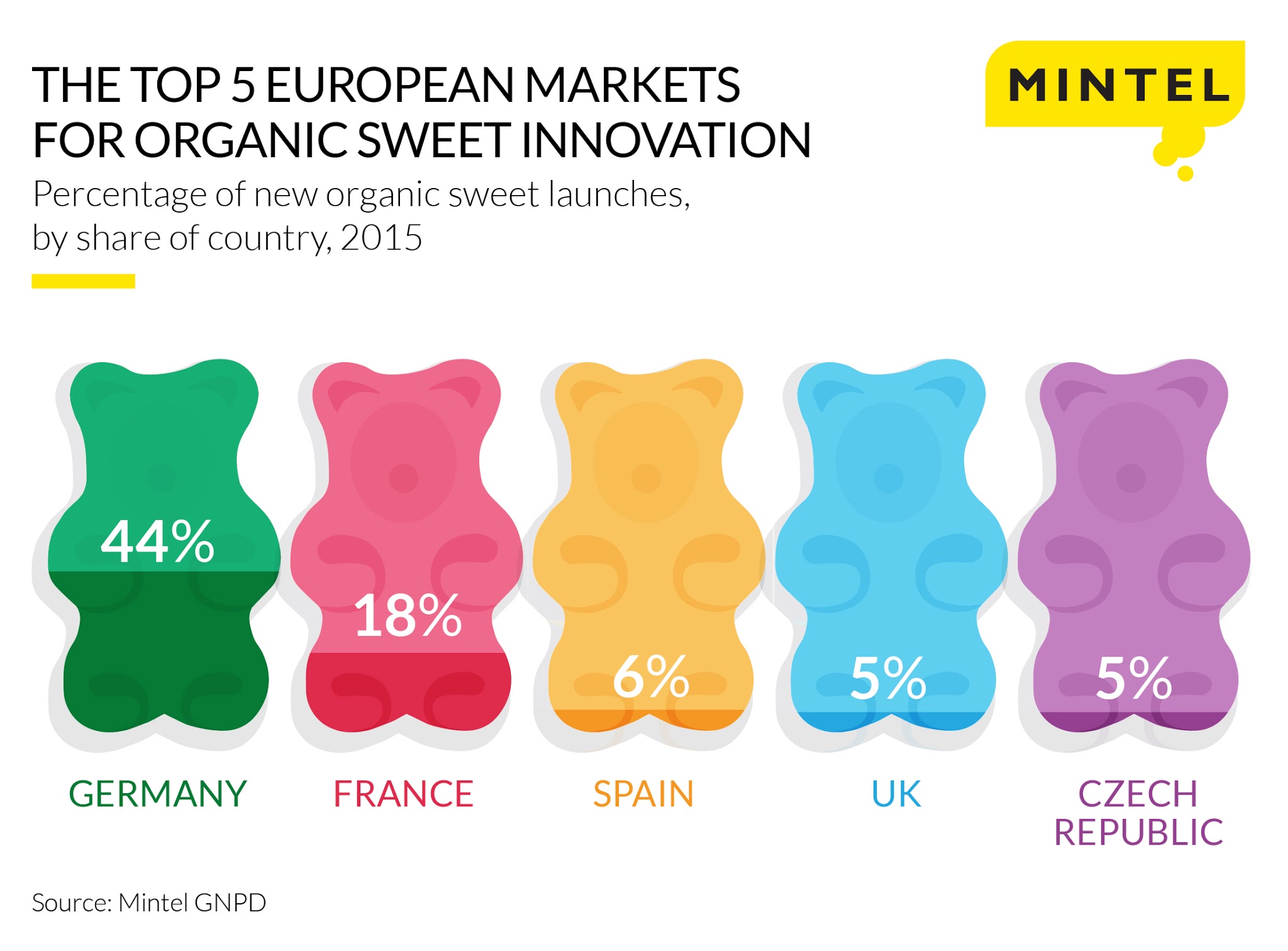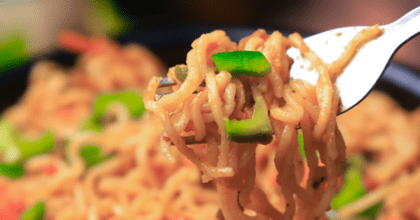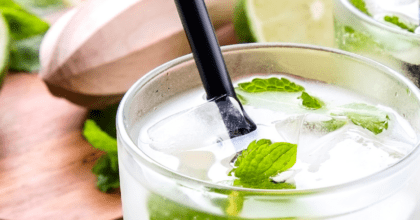Europe leads the way in organic sweets innovation, accounting for 63% of global launches in 2015
Although the term ‘organic’ may not be one readily associated with the sugar confectionery market, it seems that European brands are getting a taste for it, as new research from Mintel reveals that 63% of global organic sweet launches occurred in Europe in 2015.
Today, Europe is dominating global innovation in organic sweets as just 24% of new product launches took place in Asia Pacific, 7% in Latin America, 6% in North America and 1% in the Middle East and Africa in 2015.
According to new research from Mintel Global New Products Database (GNPD), it is Germany that is the leading European market when it comes to organic sweets launch activity. Indeed, Germany accounted for 44% of all organic sweet products launched in the region in 2015. This leaves France, the second most innovative organic sweets market in Europe, far behind as only 18% of all organic sweets were launched in France during the same period, followed by Spain (6%) and Czech Republic (5%).
Indeed, organic qualities have proven to be particularly popular in the German sweets market, as one in 10 (10%) of all new sugar confectionery launches in the country in 2015 carried an organic claim. In contrast, in France, 5% of all sugar confectionery launches in 2015 carried an organic claim, followed by Spain (3%), and Italy (2%).
Organic food is well received across Europe, paving the way for sweets to enter the market. Indeed, almost one fifth (18%) of French, German (17%) and Italian (16%) consumers now buy more organic food and drink, while 14% of Polish and 12% of Spanish consumers say the same. What’s more, consumers are willing to pay more for products carrying the organic claim, as German (18%), French (17%), Polish (16%), Italian (14%) and Spanish (13%) consumers say that they would pay extra for organic food and drink products.
Germany accounted for 44% of all organic sweet products launched in Europe in 2015
Marcia Mogelonsky, Director of Insight, Food & Drink at Mintel, said:
“As sugar confectionery is subjected to more scrutiny from governments, health officials and consumers, manufacturers are working to make their products ‘cleaner’ and safer, swapping artificial colours and flavours with natural, organic ingredients and replacing the brightly colored sweets of the past with better-for-you products. Germans are especially aware of organic ingredients, linking healthy eating habits to environmental sustainability.”
The rise of organic claims is also partly due to the fact that consumers are growing increasingly wary of the lack of healthy ingredients in sugary treats. Indeed, as many as two thirds (66%) of Polish sweets consumers say there aren’t enough healthy sweets available. This picture is mirrored in wider Europe, where 60% of Spanish, 60% of French, 56% of German and 45% of Italian consumers agree with this statement.
“Consumers are taking a closer look at sugar confectionery, and are paying more attention to such factors as sugar content and use of artificial colourings or flavourings. The challenge for manufacturers going forward is to find a way to keep confectionery ‘fun’ – with engaging flavours, shapes and textures – while, at the same time, making sure that the products have verifiable better-for-you credentials.” Marcia concludes.
Press copies of the research and interviews with Director of Insight, Food & Drink Marcia Mogelonsky are available on request from the press office.
-
Mintel StoreGet smart fast with our exclusive market research reports, delivering the latest data, innovation, trends and strategic recommendations....View reports
-
Mintel LeapMintel Leap is a revolutionary new AI-powered platform that will transform your research process....Book a demo








































